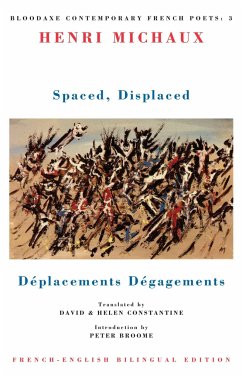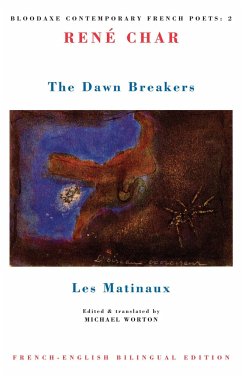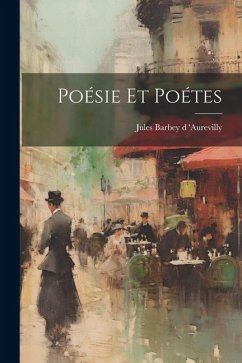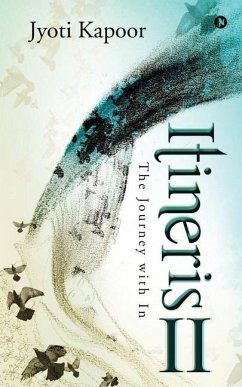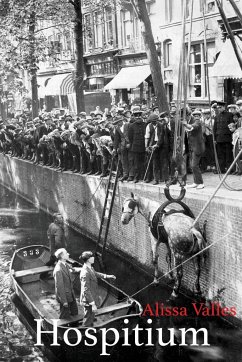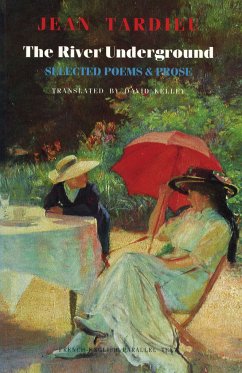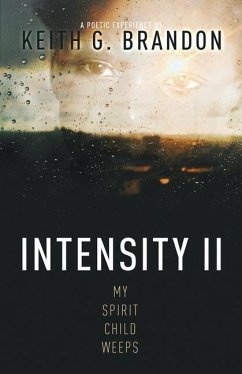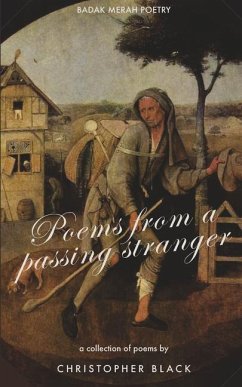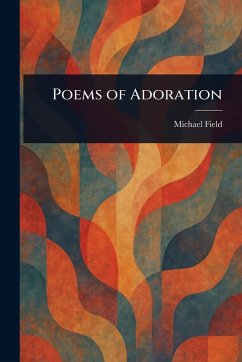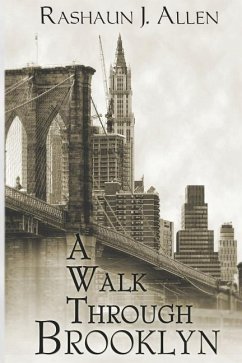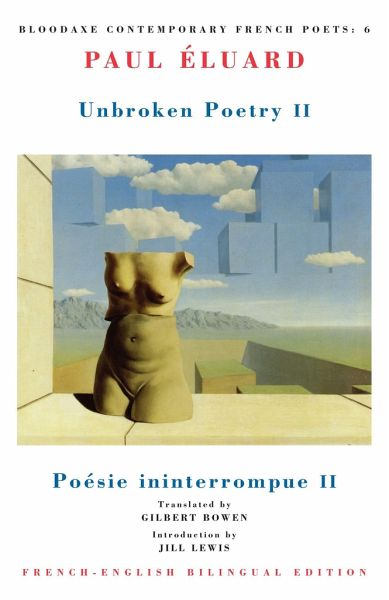
Unbroken Poetry II: Poésie Ininterrompue II
Versandkostenfrei!
Versandfertig in über 4 Wochen
15,99 €
inkl. MwSt.

PAYBACK Punkte
8 °P sammeln!
Paul Éluard's poetry is concerned with sexual desire and the desire for social change. A central participant in Dada and in the Surrealist movement, Éluard joined the French Communist Party and worked actively in the Resistance in Nazi-occupied Paris. Caught between the horrors of Stalinism and post-war, right-wing anti-communism, his writing sustains an insistent vision of poetry as a multi-faceted weapon against injustice and oppression. For Éluard, poetry is a way of in¿ltrating the reader with greater emotional awareness of the social problems of the modern world. Unbroken Poetry II, p...
Paul Éluard's poetry is concerned with sexual desire and the desire for social change. A central participant in Dada and in the Surrealist movement, Éluard joined the French Communist Party and worked actively in the Resistance in Nazi-occupied Paris. Caught between the horrors of Stalinism and post-war, right-wing anti-communism, his writing sustains an insistent vision of poetry as a multi-faceted weapon against injustice and oppression. For Éluard, poetry is a way of in¿ltrating the reader with greater emotional awareness of the social problems of the modern world. Unbroken Poetry II, published posthumously in 1953, pays tribute to Dominique Éluard, with whom Paul spent the last years of his life. It traces the internal dialogues of a passionate relationship as well as of his continuing re-evaluation of the poetic project it-self. It centres on political commitment and places it at the heart of the lovers' desire.



